What Is The Difference Between Commercial And Industrial Roofing?
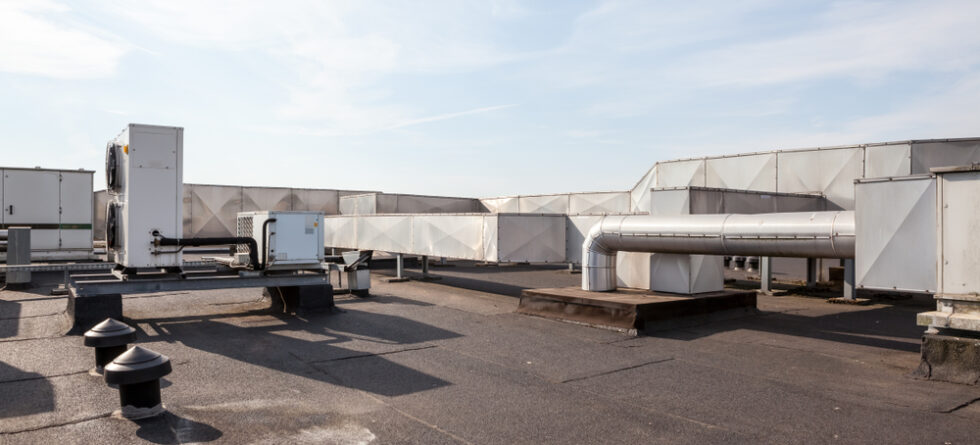
The difference between commercial and industrial roofing often lies in their design and material requirements. Industrial roofing may need to withstand more extreme conditions due to industrial activities, while commercial roofing often focuses more on durability and aesthetics.
Commercial and industrial roofing differ in specific requirements…
- Building Types – Commercial roofing typically refers to roofs on structures used for businesses, retail establishments, offices, and similar commercial purposes. On the other hand, industrial roofing is typically found on buildings used for manufacturing, warehouses, factories, and other heavy-duty industrial facilities.
- Roofing Materials – Commercial buildings usually use easy-to-install materials, such as thermoplastic membranes, EPDM rubber, or modified bitumen, while industrial buildings require more durable materials such as metal roofing, concrete, or specialized coatings. These materials can withstand harsh weather conditions, chemical exposure, and heavy machinery.
- Structural Requirements – Industrial roofing may need more reinforcement due to larger spans and heavier loads in industrial buildings.
- Functionality – Commercial roofing systems may prioritize aesthetics and energy efficiency to create an inviting and comfortable environment for customers and employees. In contrast, industrial roofing focuses more on functionality, emphasizing durability, weather resistance, and the ability to withstand harsh industrial processes.
- Installation and Maintenance – The installation and maintenance of commercial and industrial roofing systems can also differ. Industrial roofing may require specialized expertise and equipment due to the unique challenges posed by industrial environments, while commercial roofing may be more straightforward in terms of installation and maintenance requirements.
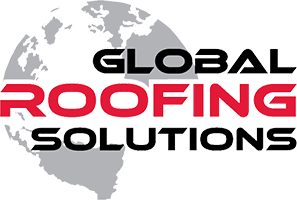
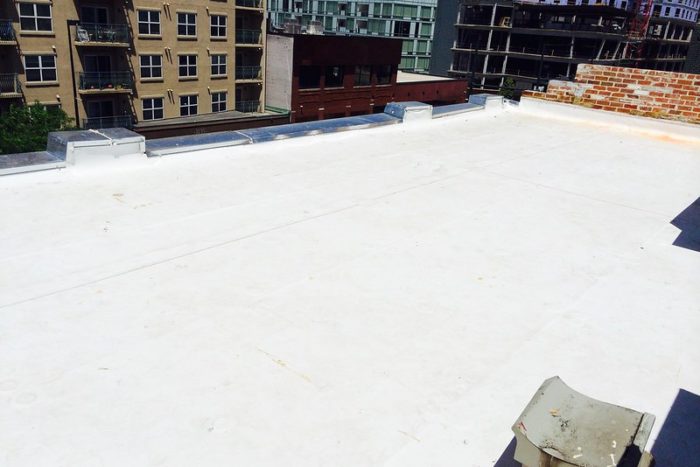
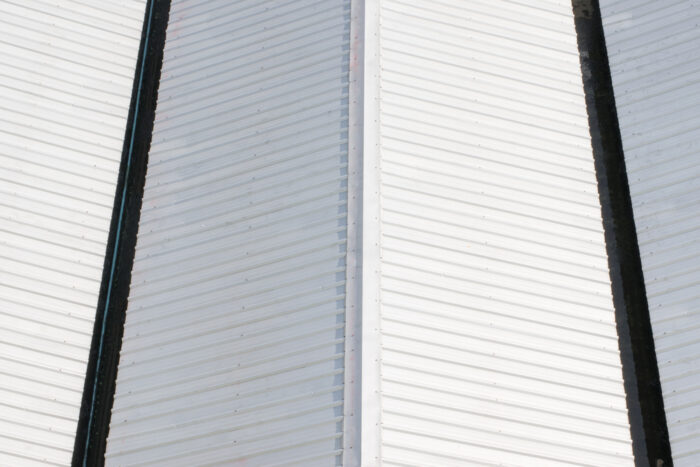

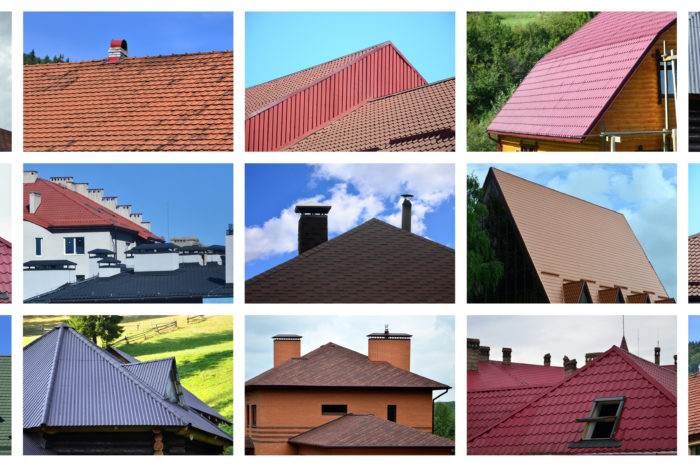
Leave a Comment